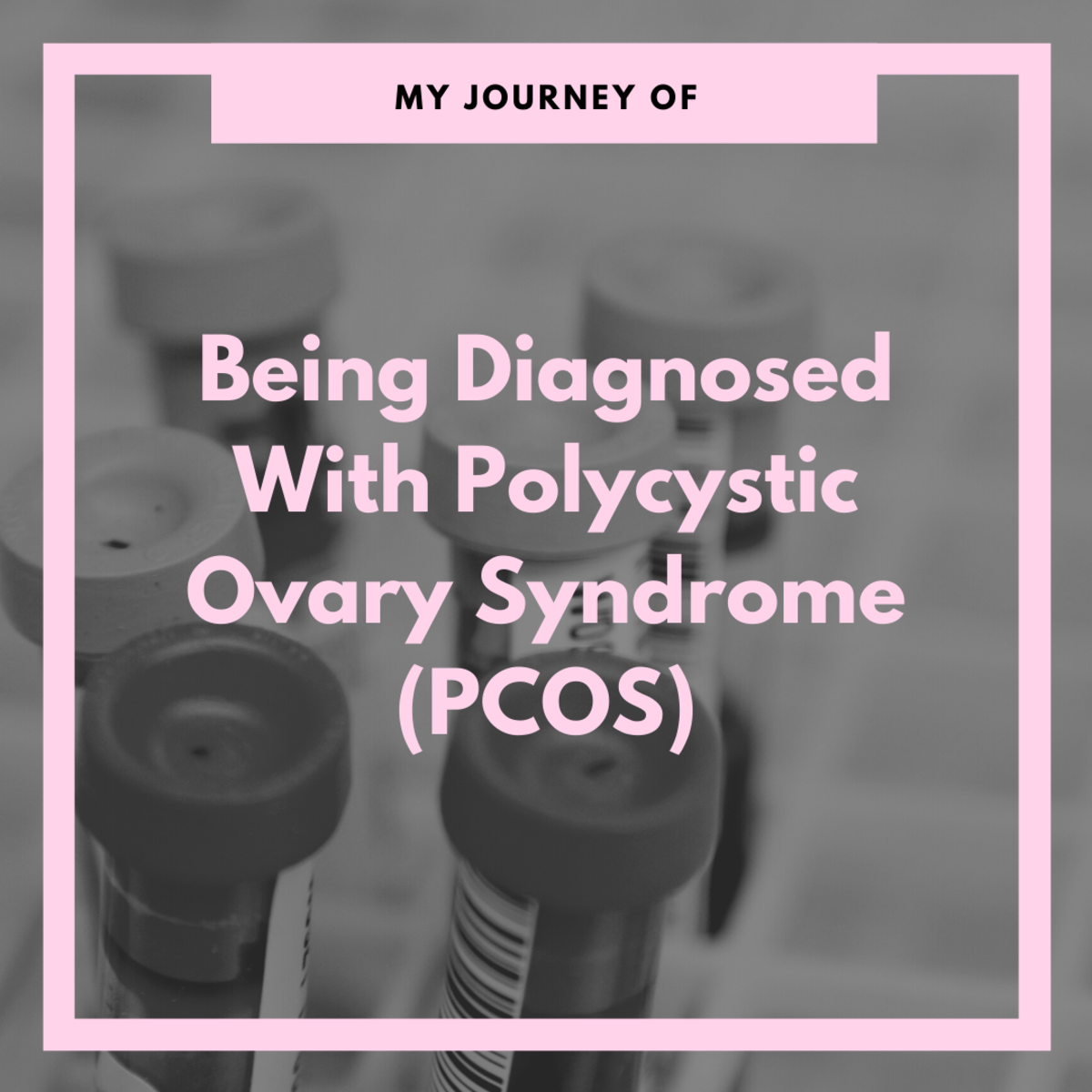The Little Wonder Drug in Pregnancy
The Humble Aspirin
Yes, it’s humble and yes, it is dirty cheap but this little gem is one of the best things that ever happened to womanhood. Aspirin is a miracle worker.
Pregnancy is a normal physiological process and not a disease. In the majority of cases, that’s how it behaves, passing off without a hitch, ending up with the miracle of a new life and a healthy mother ready to nurture the new fragile and completely dependent person.
Sadly, not all pregnancies go that way. Many things can go wrong whereby the desired baby does not materialise and, in some cases, the prospective mother loses her life in the process. Whilst maternal deaths have become a relative rarity in the developed world, in developing countries, it still wreaks havoc.
Grim figures
If you look at global figures, they make grim reading. In 2008, the global maternal mortality toll stood at 342,900. Whilst the overwhelming majority of these are in developing countries, there are serious problems notable in the developed countries as well. Maternal mortality has been rising in the United States for a few years now. The maternal mortality ratio in the US now stands at 16.7 per 100,000 live births. This is twice that in the UK (8.2/100,000) and more than four times that of Italy (3.9/100,000). What is more, maternal mortality in the United States has got worse compared to 20 years ago when it was 11.5/100,000. Even these seemingly benign figures (in comparison to developing countries) hide a much more troubling picture: There are glaring differences between social and even ethnic groups. Overall, African American women are far more likely to die compared to White or Hispanic women. In California, maternal mortality among African American women is four times that of white women while in New York, it is a staggering eight times. This is in the richest nation on earth. Clearly, there are complex social, political and economic factors behind such figures. However, one thing emerges clearly from these differences and that is the fact that most of these deaths are preventable. That is, if the mothers could access the appropriate services which, in some cases, may be simply a question of information. This brings me back to the humble Aspirin.
Not just mortality
Death of the mother may be the worst possible outcome of pregnancy. However, it is not the sum total of what can go wrong. Mothers have to contend with, among other things, miscarriage, pre-eclampsia, stillbirth, preterm delivery and many other things. It is here where Aspirin can make a huge difference.

Recurrent miscarriage and Aspirin
It is been known for some time that many women who suffer from recurrent miscarriage may have an underlying condition in the name of anti-phospholipid syndrome (APS).The condition (anti-phospholipid syndrome) does not cause any problem to the woman herself and she remains healthy. This condition is characterised by presence of one or more antibodies in the body that increase the possibility of forming micro-clots. The problem with this is, in the early stages of pregnancy these tiny clots could clog enough of the vessels in the placenta to lead to fetal demise and subsequent miscarriage. Women with anti-phospholipid syndrome (APS) will therefore tend to suffer from first or second trimester miscarriages and these are typically recurrent. A blood test will usually identify these antibodies.
Taking low-dose Aspirin at 75mg daily starting from around 5-6 weeks gestation will drastically reduce the chances of miscarriage. Women with this condition who take Aspirin increase their chances of taking a baby home to 75%. This is, from less than 25% without the treatment. For a woman with a history of recurrent consecutive miscarriages, doing these simple blood tests could lead to a correct diagnosis and effective cheap and safe treatment in the form of low dose Aspirin.
In those resource-poor parts of the world where the tests may not be immediately available or accessible, a strong history of recurrent miscarriages justifies taking Aspirin in any subsequent pregnancy starting very early so as not to miss the boat.
It is important to bear in mind that Aspirin used is the low dose (75-100mg) rather than the regular dose tablets which are typically 300 mg. Another important issue to bear in mind is that Aspirin should not be taken prior to conception when the woman is trying for a pregnancy. Doing so actually reduces the chances of a successful conception
Pre-eclampsia and Aspirin
It is now strongly recommended that any woman with a previous history of pre-eclampsia, strong family history of pre-eclampsia or who is already suffering from high blood pressure (hypertension) prior to conception should start taking low-dose Aspirin (75mg) daily as soon as she finds out she is pregnant. There is evidence that such a measure reduces the risk of pre-eclampsia by as much as 15%.
The advice to take Aspirin has also been extended to those who may not have a personal or family history but have other features which put them at increased risk of developing pre-eclampsia and other pregnancy complications. These include older mothers (over 40 years of age), those who conceive after a long (10 years or more) interval since their last delivery and even those with multiple pregnancy (twins etc.) especially if there is another of the recognised risk factors.
It is important to be aware that pre-eclampsia is one of the leading causes of maternal death both in the developed and developing countries. Moreover, it is a major cause of pre-term delivery with all the consequences of prematurity for the baby.
Where pre-eclampsia develops despite taking the Aspirin, there is no evidence that it influences severity. However, such a significant reduction in incidence of the condition is bound to have a huge impact on the individual women as well as the resources which would otherwise be deployed to deal with this.

Prematurity and Aspirin
The meta-analysis of 39 scientific studies involving over 30,000 pregnant women was the source of the figures quoted above. This analysis as published by the Institute of Health Sciences in Oxford, UK (April 2011) also showed that the use of low-dose Aspirin reduces the incidence of premature birth by 8%. That means 1 in 12 of children who would have otherwise been born early will arrive at Term as a result of the mother taking low-dose Aspirin.
When not personally touched by the spectre of prematurity, it is easy to be dismissive of it as a serious problem. This complacency is reinforced by the images of all the sophisticated machinery in a typical western hospital baby unit transmitted all the time into our living rooms. It is true that many severely premature babies now survive. However, these images mask the true toll of severe prematurity with a high level of perinatal deaths of these babies as well as serious permanent physical and mental handicap resulting directly from complications of prematurity.
Stillbirth and Aspirin
After maternal death, stillbirth is arguably the second worst pregnancy complication. It has been shown also that the use of Aspirin reduces the rate of pre-labour stillbirth by as much as 14%. These will be deaths from a variety of conditions including anti-phospholipid syndrome (discussed above), thrombophilia syndrome, pre-eclampsia and a variety of other less obvious conditions. By correctly identifying those at risk, health care providers are ethically and morally bound to be aware of the benefit that can be obtained from the use of this humble tablet and make it available to the mothers.
Being informed
There are practising health professionals who, mainly through complacency, may not have this information and may therefore not give this advice where appropriate. That is what is known as a sin of ‘omission by ignorance’.
More sinister (and this does actually happen in those countries where the healthcare system is just another ‘for profit’ type of business) is a situation where the doctor may be aware but opt to administer much more expensive alternatives because they are more business-friendly. This is why it is so important for those affected or likely to be affected to have the information.
It is important that, like all medications in pregnancy, Aspirin is only taken with the advice of the doctor. However, if a person feels that this has not been forthcoming from the doctor despite her expectations, it won’t do any harm to take the initiative and broach the subject with her doctor.
Dose and Indications
Aspirin in its traditional role as a pain-killer and anti-inflammatory should not be used in pregnancy. This could cause significant harm. It is all to do with the dose. The standard dosse of Aspirin as a pain-killer is 2 tablets (600mg) every 8 hours which amounts to 1800 mg daily. This is 24 times the recommended daily dose for the indications discussed above, meaning, you take in one day what should be taken in almost 4 weeks.
Aspirin: Points to remember
- Aspirin has been proven to reduce the risk of miscarriage, stillbirth and pre-eclampsia.
- Don’t start taking Aspirin before you conceive, that will reduce your chances of success.
- Where there
is suspected or confirmed anti-phospholipid syndrome such as in cases of
recurrent consecutive miscarriage, aspirin should be commenced early, at around
5-6 weeks and continued until around 36 weeks gestation.
- Do not use regular dose (300mg) Aspirin in pregnancy. The recommended dose is 75mg once a day.
- Always endeavour to involve your doctor in any medication you take in pregnancy and that includes low-dose Aspirin.








